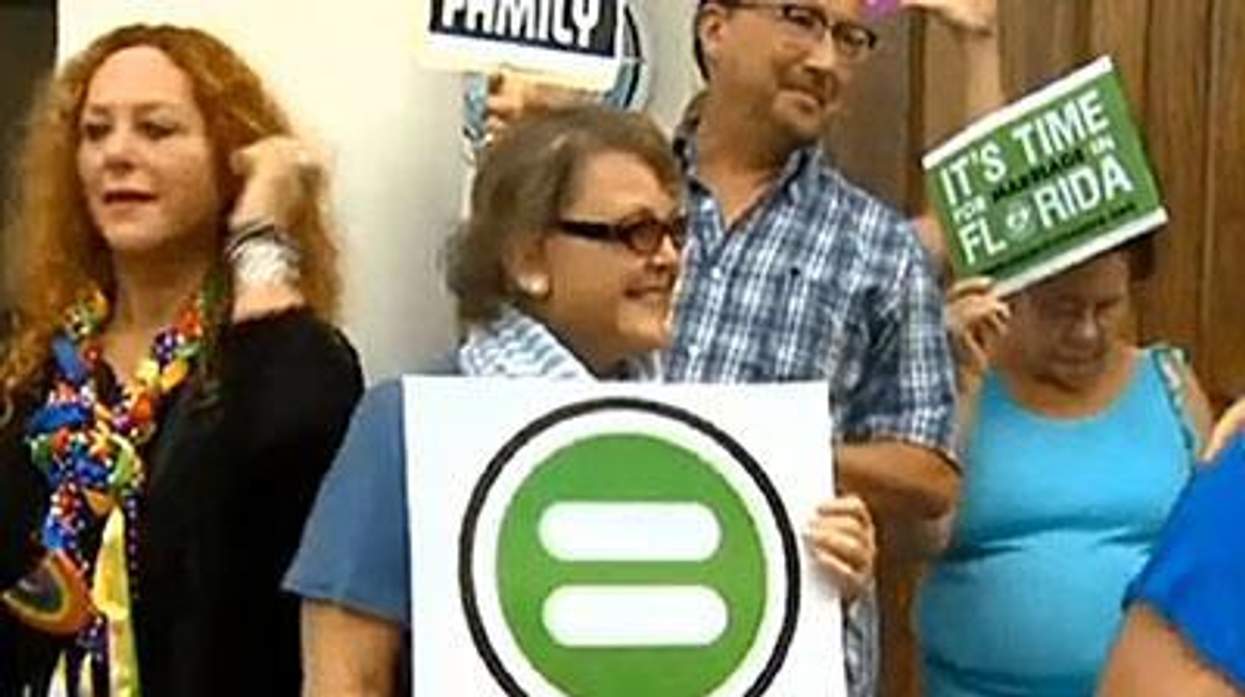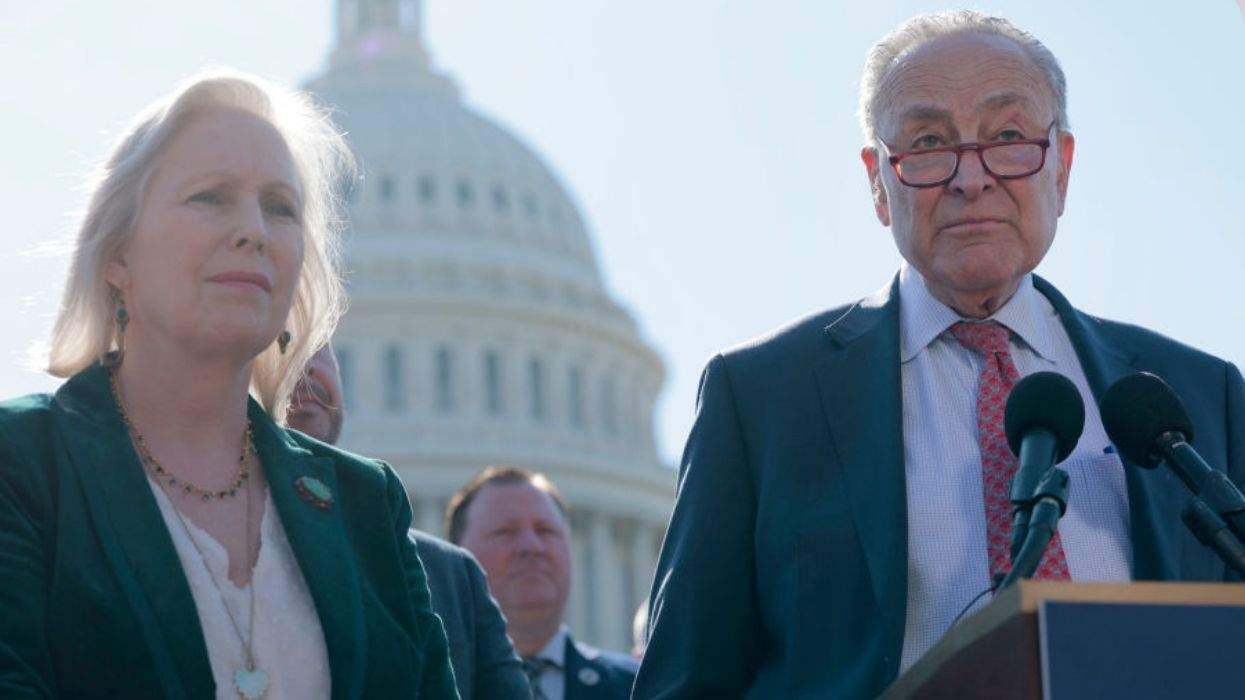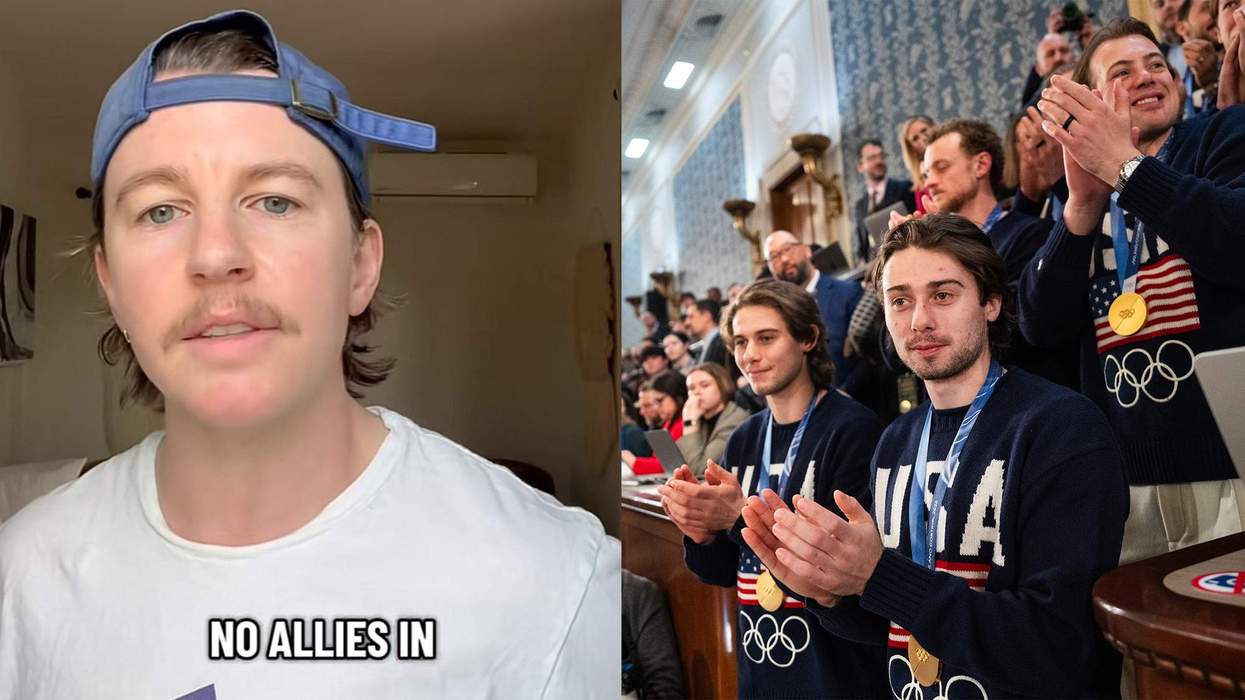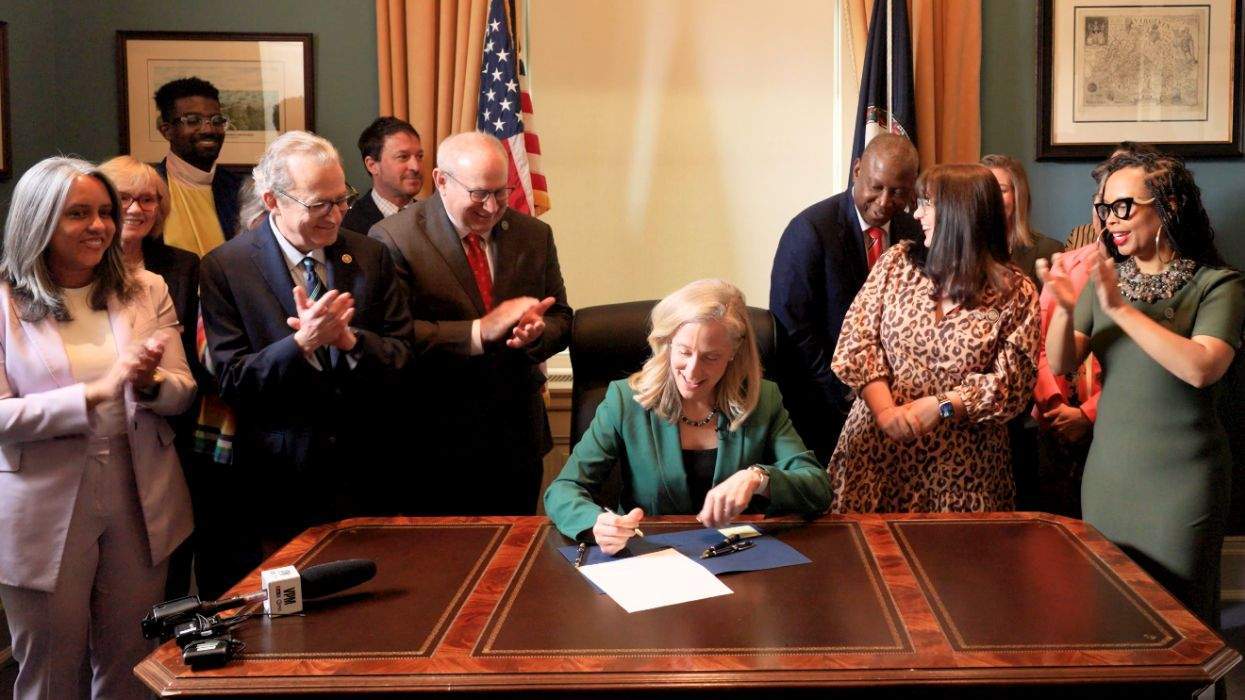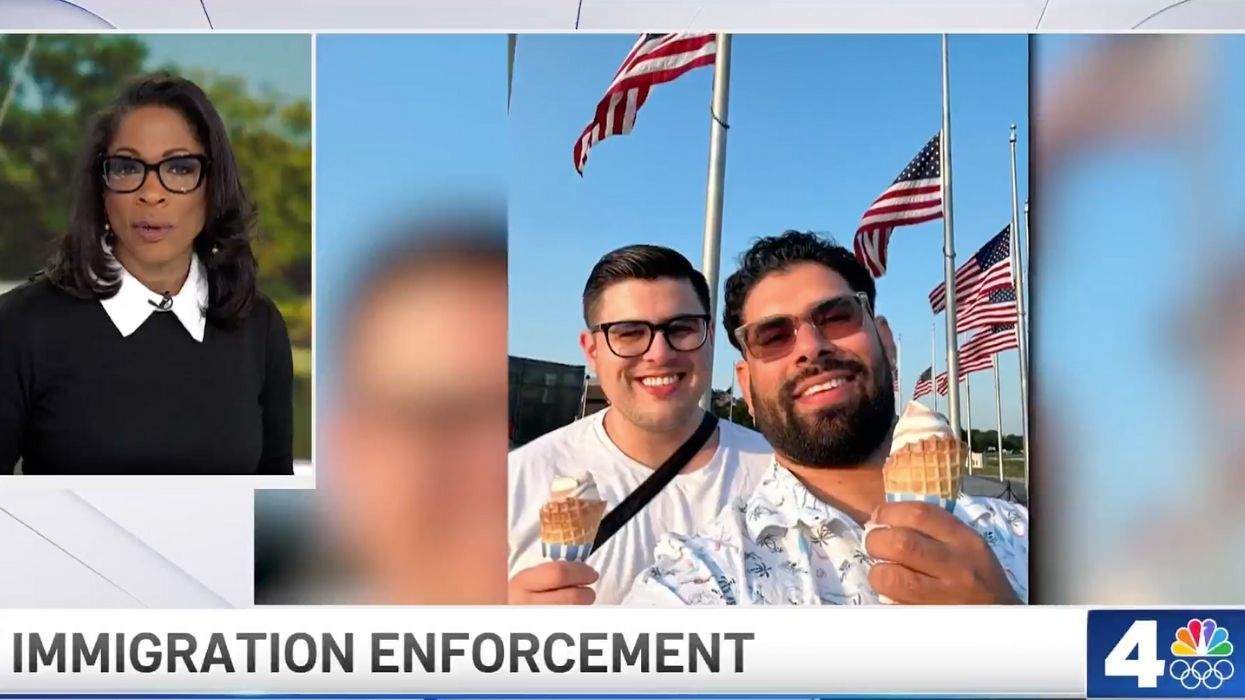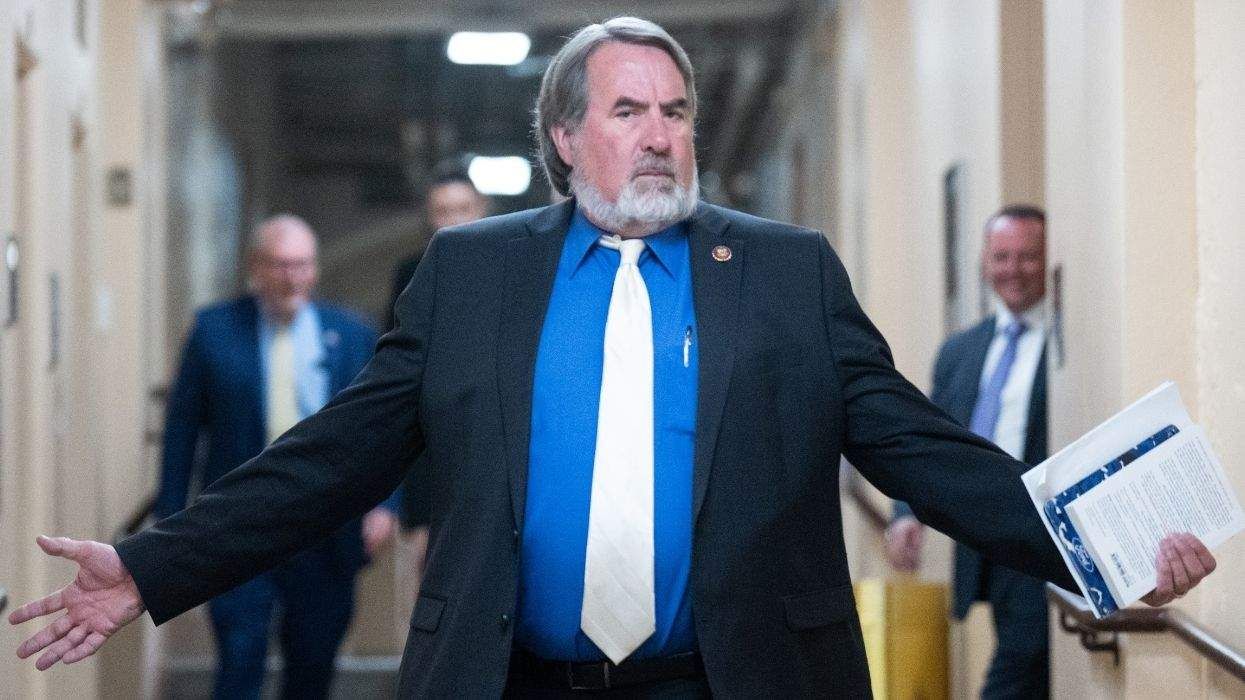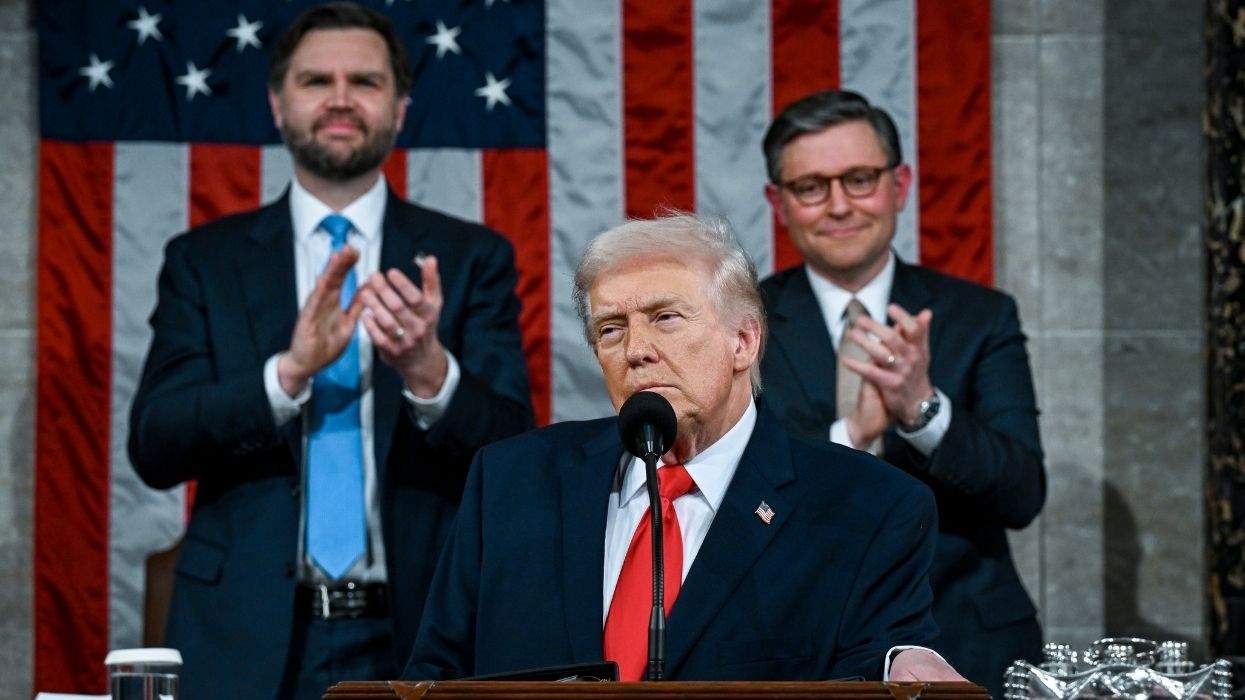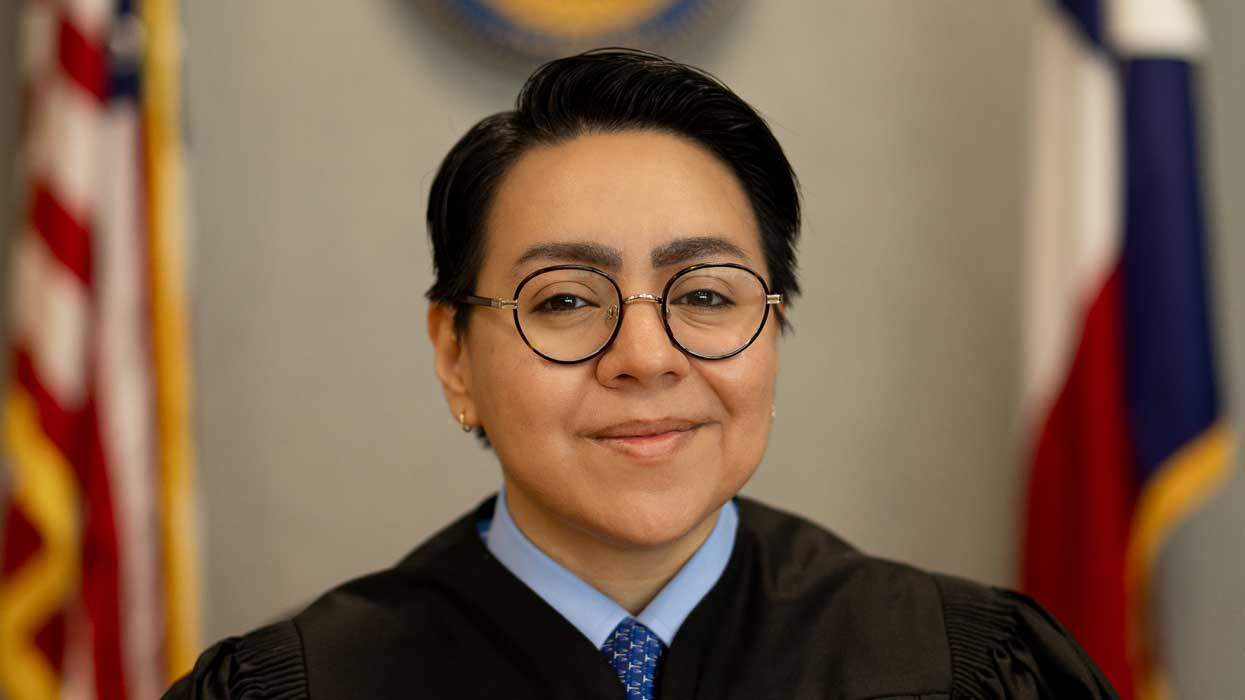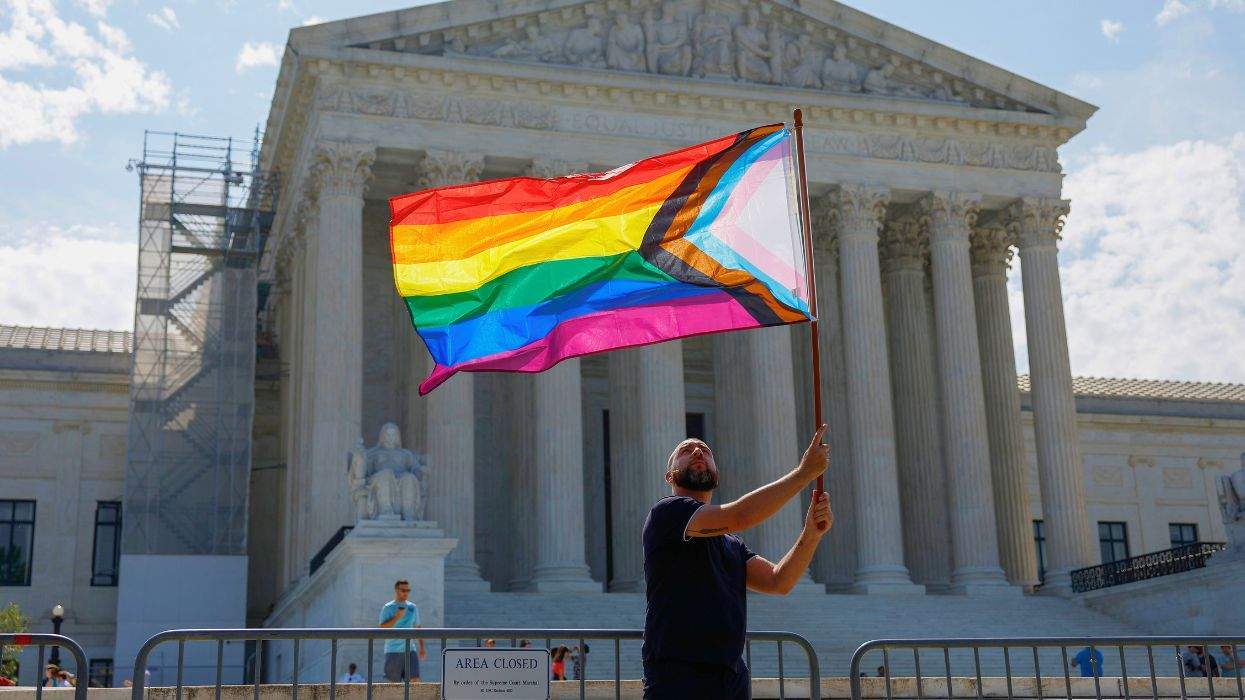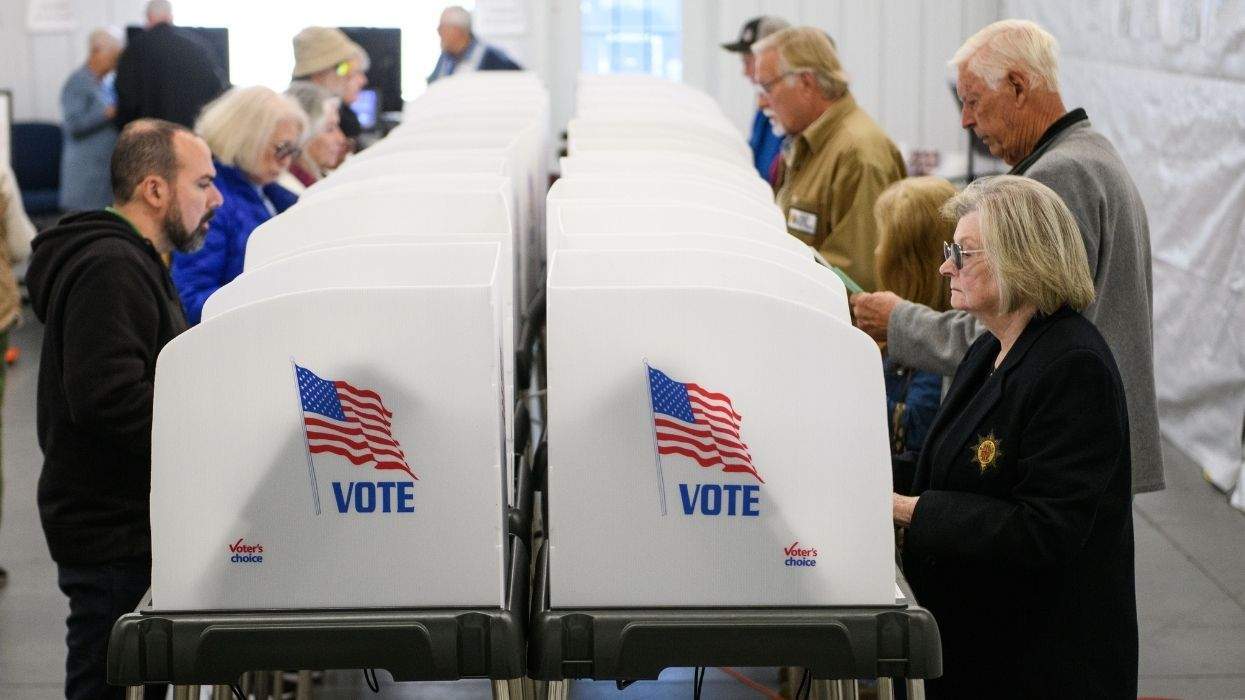This much is for sure: Something important is going to happen with marriage January 6 in Florida. And that's pretty much the only thing that anyone can say with certainty.
Florida's marriage turmoil may exceed the drama of any other state that has grappled with marriage so far, in part because there are so many parties with such different positions. (See the video below for an explanation of each side's position.)
There's the federal judge who ruled in August that the state's marriage ban is unconstitutional. There's Florida attorney general Pam Bondi, who's spent the last few months scrambling to justify the marriage ban and delay the start of marriages. (So far, she hasn't found much sympathy from other federal courts.) The U.S. Supreme Court ruled that marriage should be allowed to start, but a law firm representing the state's clerks warned that anyone issuing licenses could be arrested. Meanwhile, multiple civil rights groups have issued the opposite warning: that any clerk refusing to issue a license could be held in contempt of court. (The state is to issue an order by the end of the day today about which clerks can grant marriage licenses.)
Complicating matters even further: The federal litigation is still ongoing. So there's a chance, albeit slim, that a federal court could actually uphold the marriage ban at a later date. That would result in marriage first being legalized and then rebanned a few months later.
And there's also a good chance that when Florida's marriage litigation reaches the 11th Circuit Court of Appeals, it could affect cases in neighboring states.
There's only one surefire resolution to all this instability, and that's for the U.S. Supreme Court to issue a definitive national ruling on the freedom to marry. That's not going to happen for several more months, or possibly not until next year -- or maybe even never.
In the meantime, all eyes are on Florida to see which side flinches first at the showdown on the 6th.
